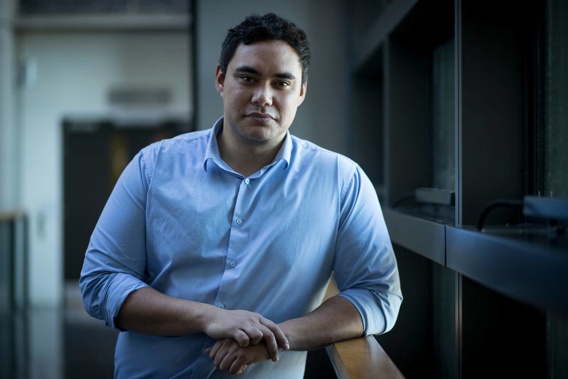
Students on long courses such as medicine will be able to borrow more through the student loan scheme to see them through their study from next year.
The Government will extend the current student loan borrowing limit for those students from January 1, 2019, Education Minister Chris Hipkins announced today.
At present, students can borrow through the student loan scheme for only up to seven equivalent fulltime study (EFTs) years. The cap was put on by the previous National government.
The cap means that students studying for qualifications such as medicine, optometry, dentistry and veterinary science reach the limit before they finish studying.
"In keeping with our desire to reduce financial barriers to higher education and skills training, the Government has decided that all students in long undergraduate
programmes will be eligible to borrow through the loan scheme for up to a maximum 10 EFTs of study," Hipkins said.
"Students in long undergraduate programmes are affected by the limits on borrowing disproportionately compared with students in other programmes."
About 100 people would benefit from the change next year, rising to around 130 people in 2022. It would cost $11.7 million in operating spending over the next five financial years and have an $18.1 million impact on the capital budget.
Funding would come from baseline funding, Hipkins said.
New Zealand Medical Students' Association vice-president Ajda Arsan said the news was exciting.
"We're obviously thrilled with the announcement that the EFT cap is going to be extended. I think today a lot of our members will be breathing a sigh of relief that they're going to be able to graduate. They're going to fulfil their dreams of becoming doctors and that they'll be able to go out and serve the communities they've always wanted to.
"It seemed like a waste and just made no sense to cut students off so close to their graduation," she said.
Chayce Glass, tumuaki of Te Oranga (the Māori Medical Student Association), hoped more Māori would study medicine as a result of the change.
"It was sitting at about 20 per cent of people affected by the cap were Māori, and as much as that is reflective of the medical school population only 4 per cent of doctors identify as Māori. So it's more about the long-term effects it was going to have on the health system if these guys couldn't graduate."
Jonathan Gee, national president of the New Zealand Union of Students' Associations, said it was pleasing the Government kept its election promise.
"It not just going to benefit students, but it's also going to benefit the health and wellbeing of New Zealand in that it's allowing future doctors, optometrists, dentists, to actually complete their study."
New policy 'lifesaver' for student
/arc-anglerfish-syd-prod-nzme.s3.amazonaws.com/public/2BQPKUUN25ADVOTVXCWMFRHRA4.jpg?width=456&height=671)
Freeman Apou is delighted to be able to cut back on work. Photo / Dean Purcell
Fourth-year med student Freeman Apou had to set up a Givealittle page to pay the $17,000 tuition fees for this year's studies.
He is delighted that he won't have to do that again for the next two years it'll take for him to qualify as a doctor after the Government announced it was lifting the cap on student loans.
The 31-year-old, who hopes to become an oncologist, says he might even be able to cut the 25 hours a week he works at in two jobs to help cover his costs.
Apou used up the eight years allowed to access the student loan under the former government's rules by first studying molecular biology then moving on to his medical degree.
"I had to use a Givealittle page last year to raise funds for this year so I'm currently running on those funds," he told the Herald.
"It's a lifesaver to be honest. It's going to take away a lot of pressures. I'm currently working two part-time jobs at about 25 hours a week. I'll be able to decrease that to maybe just one job.
"It's difficult and exhausting but I think this is going to be what we all need. I'm one of many in a similar situation. I think it's amazing, and brilliant."
Apou's student loan is currently sitting at $112,000 and his two more years' study will add around $30,000 to that.
"In the long run it's worth it," he says.
Take your Radio, Podcasts and Music with you









